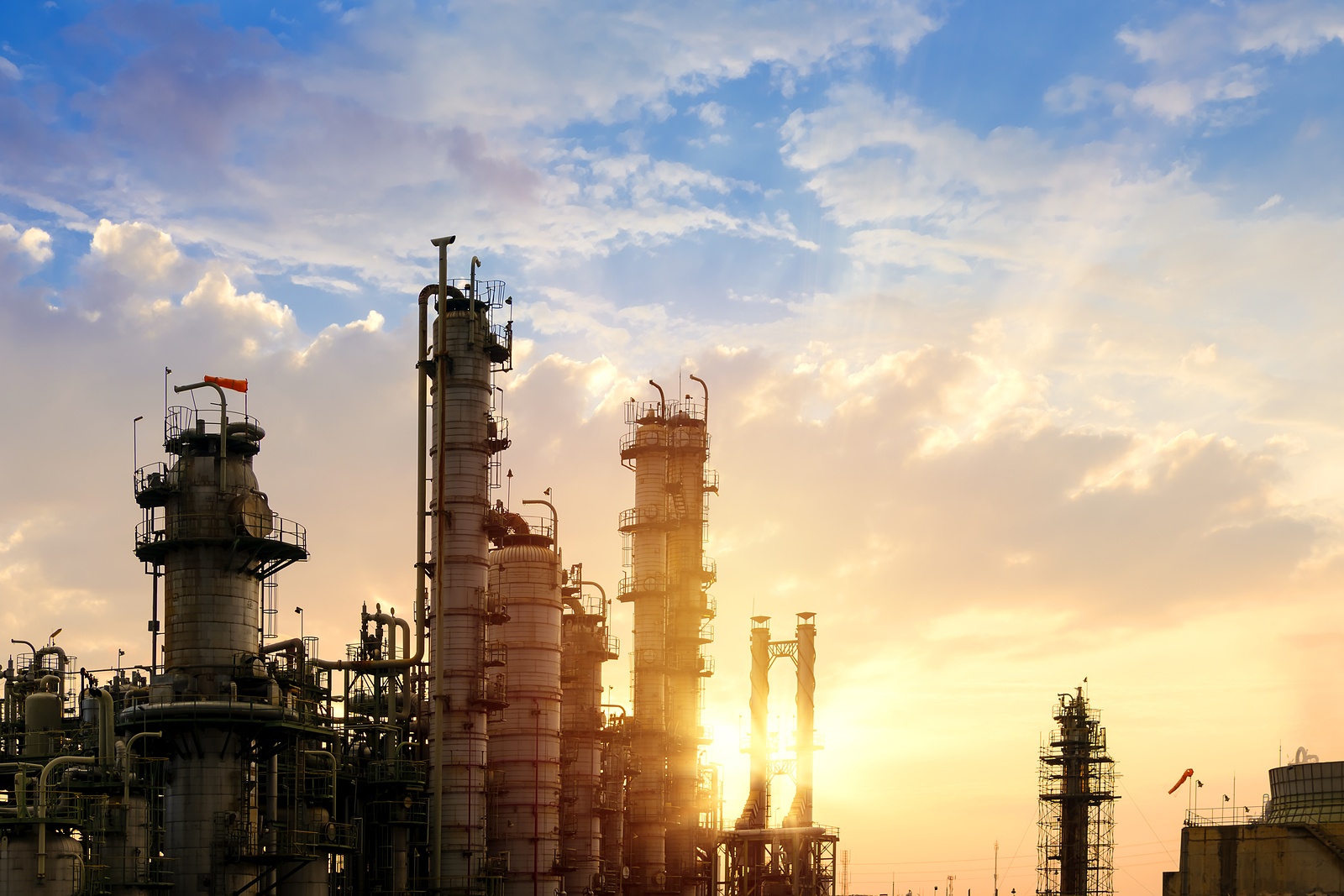Tech & Business
9.19.2019
Why is Saudi oil so important?

Following the attacks on the Saudi Aramco energy company’s oil sites – only a few weeks before its IPO, now adjourned – KAWA wanted to address the issue of the global importance of Saudi oil.
In 1930, one of the world’s largest oil fields was discovered in Saudi Arabia, which quickly became the world’s largest producer of black gold, ahead of Russia and the United States.
Today, the kingdom holds the second-largest proven oil reserve in the world. With more than 11.5M barrels/day, it is even the world’s leading exporter of crude oil. The country lives mainly on oil revenues, although it tends to emancipate itself from them under the leadership of the reformist Prince Mohammed Ben Salmane.
The recent interruption in Saudi Arabia’s supply cut 5% of world oil production (5.7M barrels per day) and raised concerns about how markets could fill this gap in the short term.
The impact on oil prices
As the attack caused the most sudden drop in production in the history of oil, there was no doubt that it would have an impact on the price of Brent, the index by which the price of the precious hydrocarbon is measured. And not surprisingly, the latter made a historic leap in the aftermath of the attacks, with references up 10%, and analysts predicting a continued surge in prices. Never seen before.

For Western countries, which vary their sources of imports and have substantial reserves in their various deposits (France, for example, can rely on its reserves for about three months in the event of a shortage, which is not discussed here), this is more of a “problem” than a real crisis. However, an impact must be expected on household consumption costs, as well as on business margins, since fuel prices are aligned with the price of Brent.
For some Asian countries (Asia accounts for 72% of Saudi Arabia’s crude oil exports), such as India, which imports two-thirds of its oil consumption from the Middle East and has lower reserves, the situation is more worrying. The country saw its currency, the rupee, fall by 0.9% in a single day…
Countries that could fill the gap
Faced with a hole of this magnitude in world production, other countries will have to meet part of the demand. Among these, the United States and Russia, other members of the top 3 producing and exporting countries, are in pole position. The President of the United States, Donald Trump, has already stated that he could open his country’s strategic reserves, but with certain constraints, particularly logistical ones. As for the Russian Minister of Energy, Alexander Novak, he wanted to be reassuring, recalling that if necessary, his country would be able to cover the needs of the market. Then, the demand could turn to other OPEC countries (Organisations of the Petroleum Exporting Countries), such as the United Arab Emirates, Kuwait (with which the kingdom shares reserves in common, on neutral territory), Iraq, or Nigeria.
It should be recalled that the various contingency measures make it possible to cushion this type of shock, for which the world is prepared after many iterations (gas site of Tigantourine, in Algeria; the cyber attack on the station of Pivnichna, in Urkraine, among others). The Minister of Energy, Abdelaziz ben Salmane, has already stated that the kingdom’s production should return to normal by the end of September.
popular

